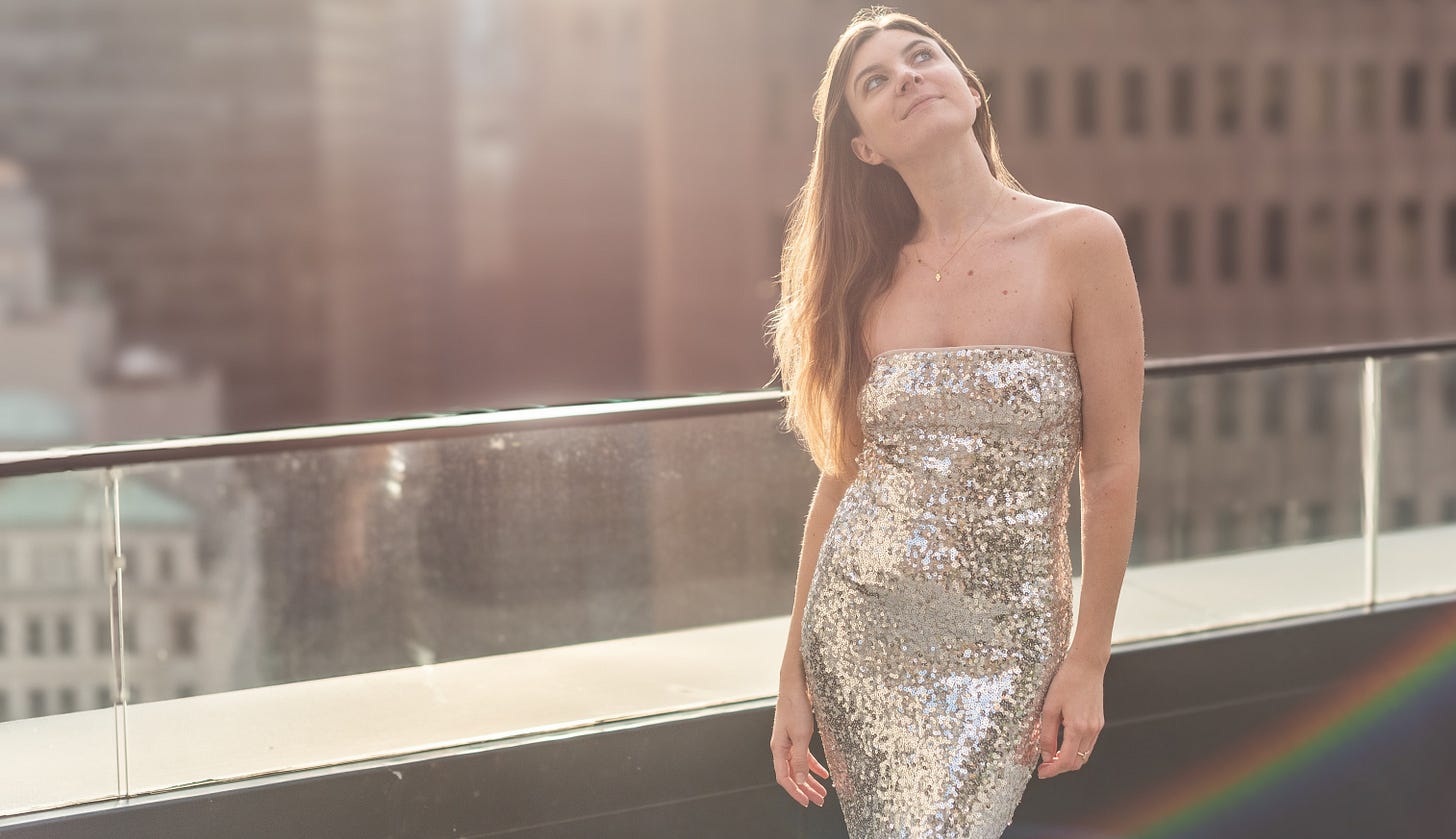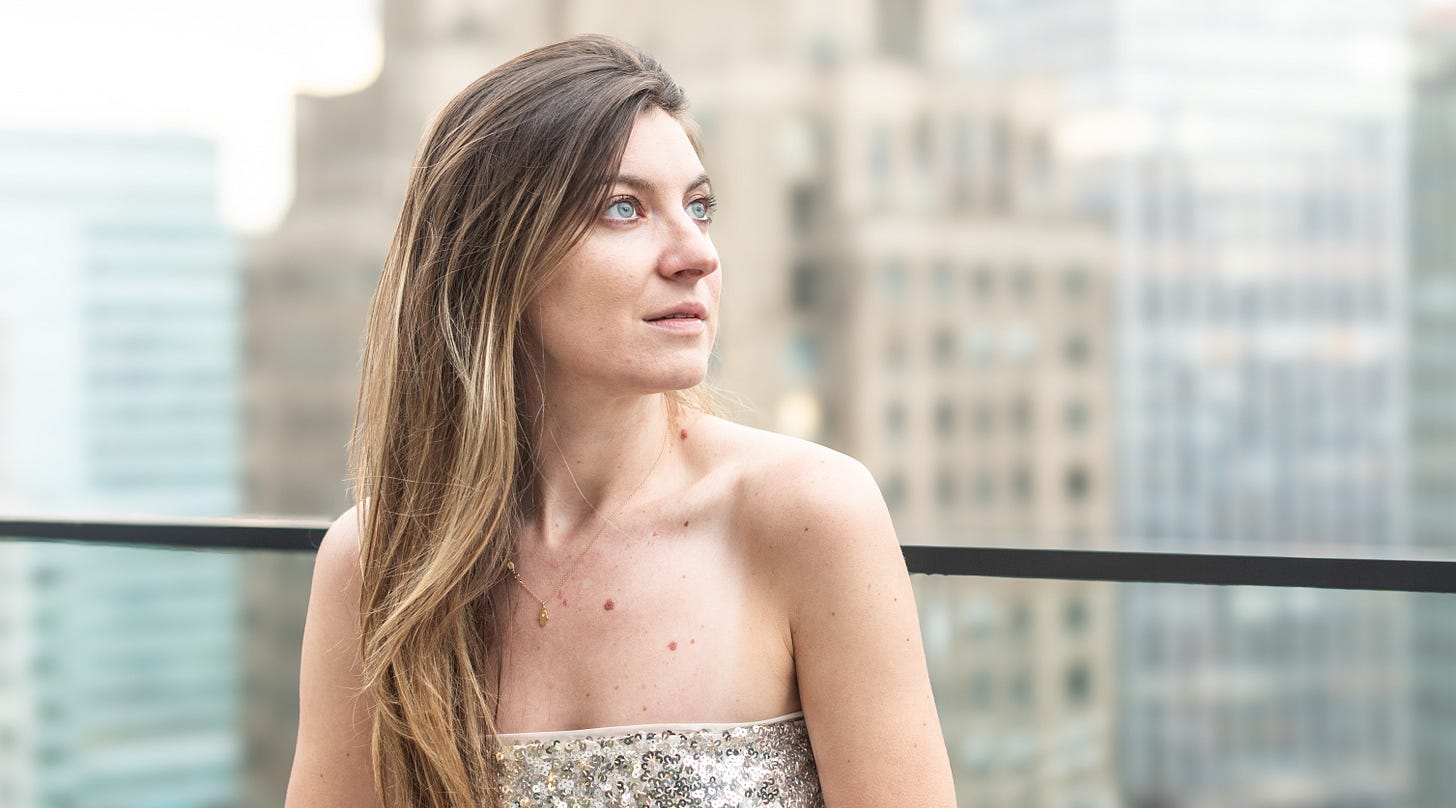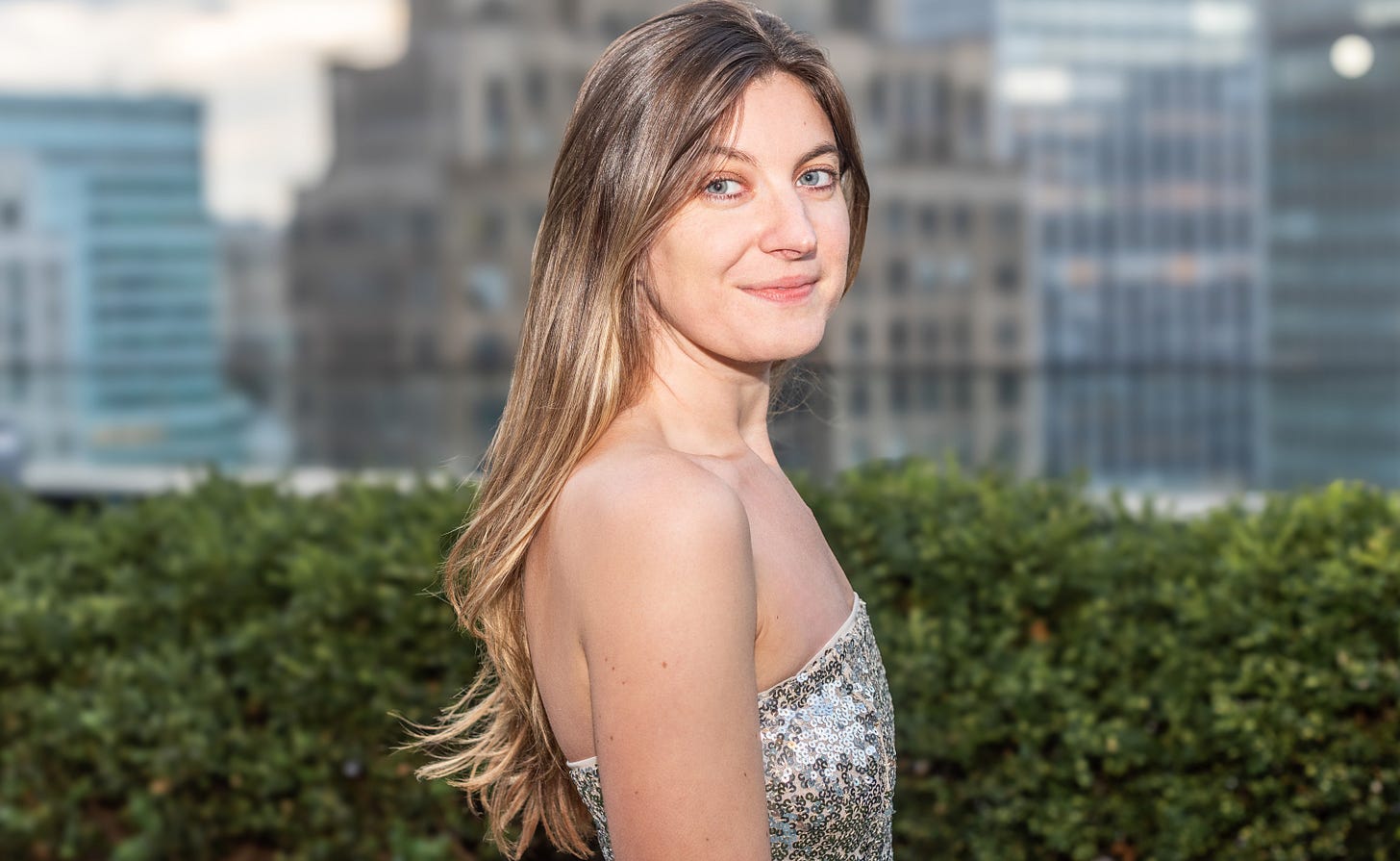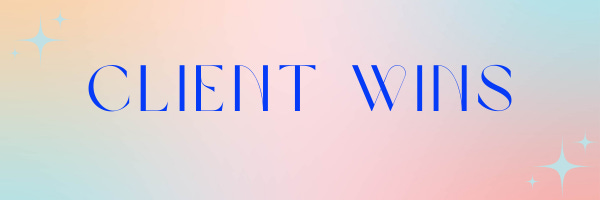
Contains mention of SA.
As a teen I once told a dreamy older guy that I loved Alanis Morissette’s music. He was a liberal and a music connoisseur, and those qualities checked meaningful romantic boxes for me at that time. And hey, he was Jewish.
As soon as the words left my mouth, I knew I had made a misstep. Alanis Morissette—a ‘90s icon of memoiristic songwriting mostly about romantic disappointment—would assuredly fall short of his sonic standards.
He was all of the things I previously mentioned, but he was also a gentleman. I watched his internal conflict literally play out across his face as he considered my comment. How could this tastemaker respond honestly while still validating me? He finally replied.
“I know who she is,” he began cautiously, then paused. “But I am not familiar with her work,” he concluded diplomatically. It was a real act of noblesse oblige.
For much of her career, Alanis Morissette was doing one thing really well and a particular group of fans—probably many women like me—responded to it with enthusiasm and intimate recognition. Having burst onto the music scene as a teenager, she is best known for her turn-of-the-millennium angsty and often angry musings about life and romance, with undertones of spiritual seeking. Her most popular work tends to be deep-diving, self-revelatory acoustic or electric guitar tracks.
Morissette’s anger at the men in her life—whose qualities range from the clueless to the nakedly predatory—is understandable. As a young starlet, Morissette was groomed into becoming the underage “girlfriend” of an older music executive whom she has never publicly named. The realization that this “relationship” actually constituted statutory rape created a rage that permeates a lot of her work at this time.
To forgive someone who has done such a thing is a heavy lift. So is clearing the shame surrounding this type of event in one’s life history. We see Morissette struggle to forgive him as well as her younger, more naive self. She time-travels back to this moment with “Hands Clean” (2002), as she impersonates this man’s justifications for the “supposed crime” of getting romantically involved with her. He blames Morissette for having been too sexy and precocious for him to have resisted her. In Morissette’s retelling: “If you weren't so wise beyond your years, I would've been able to control myself.”
Amid this inner emotional processing, we also watch Morissette plunge into spirituality as she tries to find a life partner who has done as much self-exploration as she has. That’s the second heavy lift here. There are the coulda-woulda-shoulda situationships that aren’t progressing, and that require constant breaks to reassess things. There is the exploitative user whose strategy was, memorably, to “wine, dine, 69” her. And so on.
Achieving a high level of self-knowledge narrows her field of romantic prospects, but you only need one. In “21 Things I Want in a Lover” (2002), Morissette shares a list of qualities in a partner so specific that only she could have written it. She is looking for somebody who cheers when other people win, who opposes capital punishment, and whose career benefits humanity. Echoing the sentiments of so many liberal women, she says that she wants someone who is in touch with his feminine side.
During the bridge, Morissette accepts that the search is taking a while: “I'm in no hurry; I could wait forever/I'm in no rush 'cause I like being solo.” She’s also going to enjoy this period of her life: “In the meantime, I'll live like there's no tomorrow.”
Of course, it’s when you stop caring that things happen. In 2009, Morissette met Souleye—a very good-looking hip-hop artist and fellow spiritual gangster—at a meditation retreat. The rest is history.
Last year, Alanis Morissette headlined a beautiful, wholesome Gap campaign with her family, which now includes her husband Souleye and their three children. If that’s not an incredibly redemptive, victorious ending to a challenging beginning, I don’t know what is.
Morissette’s journey was a nail-biter for longtime fans who followed her life through her songwriting. I was so freaking relieved when she got married. At the same time, there’s somebody’s life, then there’s that person’s art. I admittedly find her work less interesting now. Her current output has fully embraced her spiritual side—she’s mostly talking about parenthood, freedom from addiction, her gratitude for male vulnerability, and the universal oneness of all things. So it’s a snoozefest. I’m just kidding—I’m happy for her and it’s obvious that Morissette has really stepped into a fully-realized version of herself, free from a lot of past heaviness. I should have seen this change coming—she literally played the role of God in the 1999 film Dogma.
At the same time, it’s kind of like watching a friend who used to be really fun and wild become, like, really into spirituality when that friend’s very wildness initially drew you together. It was obvious looking back that she was always traveling this way, but truly I preferred Morissette’s work when it was a little more sinful. Maybe there is such a thing—at least for me—as being too into spirituality.
I don’t really listen to Alanis Morissette’s current stuff, but one song that has slipped past quality control, if you will, is “Ablaze” from Such Pretty Forks in the Road (2020). The album’s cover art bears visual witness to Morissette’s transformation–her blissful face is literally sparkling and almost otherworldly.
“Ablaze” is about parenting, but it’s also about reincarnation and soul journeys. Morissette is talking to her children about the births of souls into human bodies, when they lose their innate knowledge that we are all ultimately one. “First thing that you'll notice,” Morissette tells her kids, “is some separation from each other/Yes, it's a lie, we've been believing since time immemorial.”
Morissette then brings in the Adam and Eve story. “There was an apple, there was a snake, there was division/There was a split, there was a conflict in the fabric of life.” After this point, she says, “One became two, and then everyone was out for themselves/Everyone was pitted against each other, conflict ruled the realm.” It’s all a mirage to Morissette, who concludes: “We seem to easily forget we are made of the same cells.”
Something about “Ablaze”—perhaps the mention of reincarnation, or the notion that everything is basically a temporary illusion—makes me uncomfortable.
I think about reincarnation far more frequently than I would like to admit. I converted to Judaism and have been in the Jewish community for many years now, and I often wonder about what it all means.
I don’t dispute that we are all indeed made of the same cells. I don’t even dispute Morissette’s larger point about universal wholeness—she’s probably right. But I wonder about the over-application of this idea in real life. Morissette is popular with a more liberal-minded set of people—people like me—but I increasingly think that a blind spot among liberals is our tendency to overvalue the universal at the expense of the particular.
We spiritual beings are still human, with an innate tendency to gather in groups and communities of all kinds. I personally consider myself as belonging to multiple families, including the one that comprises the entirety of Jewish people.
Truly I feel very Jewish all of the time, but especially now. On October 7th last year, Hamas terrorists infiltrated the south of Israel and killed over 1,200 people while taking several hundred individuals hostage. These terrorists raped and maimed others.
This atrocity and Israel’s ensuing war in Gaza and on other fronts have taken more lives by the day, including those of people only one degree removed from me. The entire situation has been a shock to the system, especially to many American Jewish liberals—people like me.
People like us are accustomed to believing that if a person is anti-Semitic, then that person is sick or crazy rather than evil. After all, everybody is fundamentally a good person, right?
Then there are also sinking realizations about the prevalence of anti-Jewish hatred where previously many liberal Jews in America turned somewhat of a blind eye. Jewish gathering places—sites that have nothing to do with Israel but everything to do with Jewish people—are being attacked, and we are starting to notice it in our own backyards more. We are seeing what Jews in Europe and elsewhere around the world have long said about the commonplace nature of anti-Jewish hatred.
Then there is the State of Israel itself. I have visited Israel four times. During those visits, I have tended to make the experience–at least emotionally–about me. How do I see myself in relationship with Israel? What does this thing or that thing say about me and my Jewish values? Witnessing Israel navigate fundamental security vulnerabilities as the world’s only Jewish state surrounded by enemies—and seeing the faces of its own beautiful citizens who continue to fall in the war while serving their country—you start to realize that you, the American, are not the center of the narrative.
Many right-wing pundits in the media have been speaking about Israel’s security concerns and rising anti-Semitism for years. We liberals tend not to like those individuals on a personality level for their other views, so those messages have often gotten lost. When I hear cries against anti-Semitism from some on the right, I hear cynicism. But when I hear the same things from some on the left, I hear skepticism.
Like anybody else, I don’t agree with everything Israel’s government does. People seem not to realize—and several Israelis have reiterated to me—that the rallies for the hostages in New York City and Israel are highly critical of the Israeli government’s handling of this dire, awful, ongoing crisis.
An Israeli I know once commented on the seemingly obsessive criticism leveled at his country by liberals. Liberals are just that way, I explained. We want our lofty ideals to manifest into reality in a world where it’s hard to make those ideals stick. We are trying to bend things in a different direction from how they naturally lean. “Sometimes people express their love with criticism,” I said.
“Sometimes people express their love with love,” he replied.
It is a liberal failing, I think, to want to save the world but sometimes neglect your own family. I often think of Abraham, the world’s first Jew, as the world’s first liberal. In Kabbalah, Abraham had an overflow of chesed, or loving-kindness. He was more interested in saving strangers than his own son.
In the same Kabbalistic system, his son Isaac is represented by gevurah, or judgment. These values are two extreme poles, balanced by tiferet—the middle ground between judgment and compassion. It cannot be that a country is forbidden from showing strength and defending itself, and it also should not be so strange to people that the wider Jewish family is coming together on a global level in response to this moment. I am reminded of the famous rabbinic saying: “If I am not for myself, who will be for me?”
As has been pointed out to me by conservatives, Jews have been at the very forefront of progressive movements that have moved humanity forward. Many Jews and Israelis are eager for lasting peace in Israel and a two-state solution that allows both peoples to flourish. At this moment of mourning it is okay—indeed I think it’s the right thing to do—for us as Jews to forgo the universal for our own particular community.
I have often wondered about Jewish communal responsibilities versus our obligations to the wider world while believing I was the only one asking these questions. But then my client Eli Weinbach—an Orthodox rabbi and someone I am honored to know—contacted me to help with an article he wrote about his visit to Auschwitz as a FASPE Fellow.
In the piece Eli talks about his inner conflict between finding compassion for all human beings—even the ones we find most vile—and witnessing the personally gutting site of mass deaths of Jews. Eli is a broad-minded learner, and he had brought Thich Nhat Hanh’s Being Peace to Auschwitz. Yet, he says, all of the book’s “‘peace stuff’ couldn’t have been more useless to me as I hyperventilated while touring the gas chambers in Auschwitz.”
This tension between the particular and the universal is not really something anyone can resolve. Eli landed here: “I needed Being Peace to help me integrate the universal compassion I am desperate to give and receive. Inside the death camp tour, I held and was held by the Jewish people. After this experience, going forward, I will strive for both aims: to hold my Jewish family in their pain and to still believe that I can help the world become a better place for everyone.”
Spirituality should make you grow. It should make you ask questions and confront doubts. My personal rule of thumb, however, is that if something spiritual makes me feel creeped out or uneasy—if it “gives me the ick”—I just leave that thing behind.
Judaism, for whatever reason, never gives me the ick. When I hear Alanis Morissette talking about Adam and Eve in “Ablaze,” I feel defensive of the tradition. Who is anyone to say that the Garden of Eden story didn’t happen?
Recently we experienced Yom Kipppur, the holiest day of the Jewish year. I was struck during the evening liturgy by the line following a declaration of the Shema. The line says: “True and trustworthy is this.” That simple, straightforward statement with all of its matter-of-factness and lack of glamour is part of why I value Judaism. I don’t expect others to feel the same way but for me it does feel truthful.
Alanis Morissette discovered later in life that she is Jewish. Her maternal grandparents were Holocaust survivors who hid their Jewish identities. This makes Morissette’s three children Jewish as well.
Regarding this news, the ever-cosmic Morissette said, “I feel welcomed into a community that I always had a crush on…I would just show up on Passover and at Seder. Now I know why.”
Alanis Morissette has spoken positively of Israel. She actually concluded her world tour—titled “Guardian Angel”—in Tel Aviv in 2023. I would be curious to hear how Morissette views her Jewish identity and that of her children in the context of wider humanity and universal oneness.
Here’s “Ablaze” by Alanis Morissette. More photos on my Instagram.
My thanks to Rabbi Ysoscher Katz for consulting on this newsletter.
Rabbi Eliezer Weinbach (Palo Alto, CA) wrote the essay that I discussed in this newsletter. Read it in full here.
I advise a wide variety of people creating all sorts of things. Reach out here to work with me.








